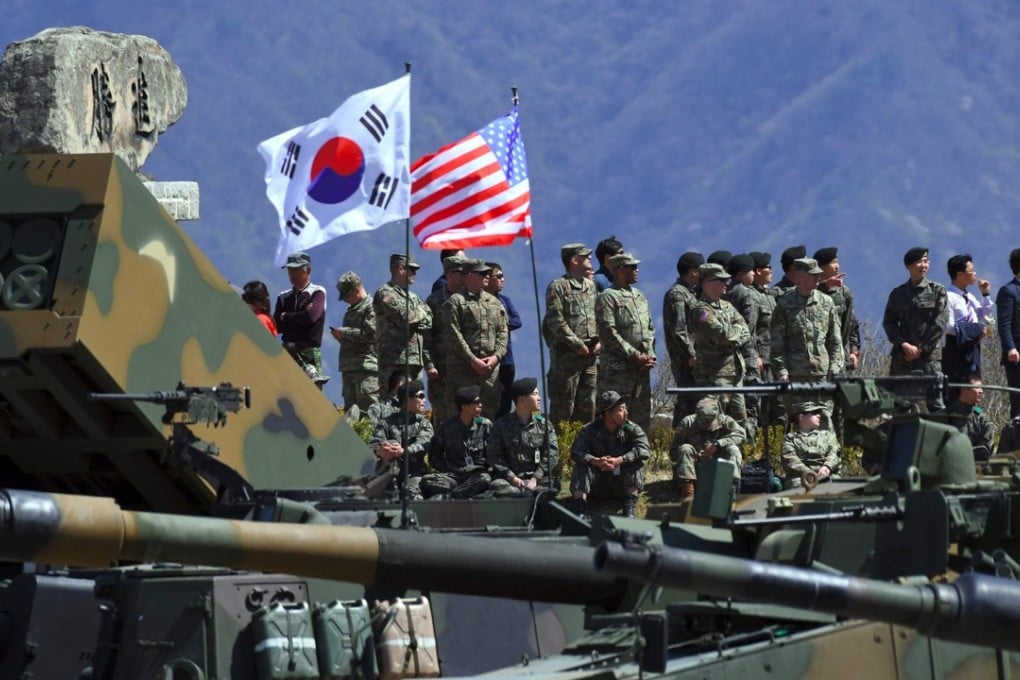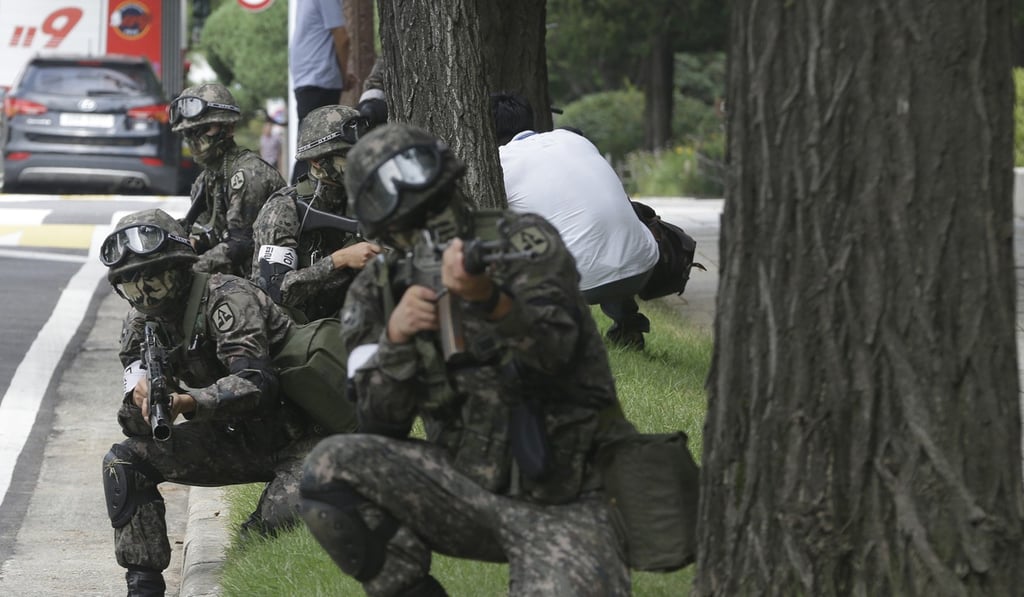Fears arise that suspension of US-South Korea military exercises may have dangerous repercussions
Government officials have played down the potential impact on military readiness and effectiveness, but defence experts issue warnings

August is usually a busy time of year on South Korean military bases. As commercial and military planes arrive throughout the South carrying United States military personnel by the thousands, barracks fill to the brim and troops spill into nearby hotels.
For two weeks, from sunrise to sundown and through the wee hours of the night, the bases typically buzz with the comings and goings of soldiers, sailors, airmen and marines all there for the same reason: to practise for the possibility of war with North Korea.
This year, however, the barracks have been empty, and business on bases has continued as usual, after the suspension of the Ulchi Freedom Guardian (UFG) exercise, which traditionally brings together some 70,000 US and South Korean troops each autumn.
For decades, military commanders and diplomats have touted grand-scale exercises like UFG as pillars of the US-South Korean alliance, citing military training and readiness as primary tools of deterrence against the North Korean regime.
It’s a message Pyongyang has received loud and clear, historically responding with streams of colourful invective: “The work of crazy war maniacs,” North Korean state media said last year.

The extent to which North Korea views the exercises as threatening is up for debate, but there is no doubt that Pyongyang – along with Beijing, its primary backer – would like to see a reduction or wholesale departure of the 28,500 US troops deployed on the peninsula.